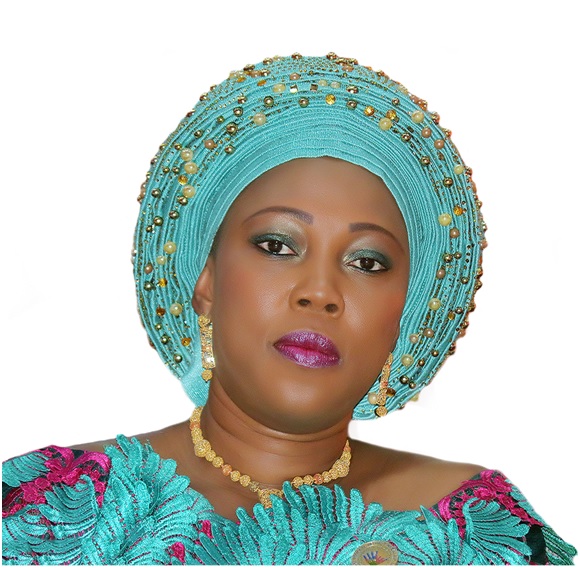The First Lady of the Republic of Sierra Leone, Fatima Bio, has, in a television interview, while on an official visit to the Republic of Gambia, broken silence over her stance on Female Genital Mutilation (FGM).
It will be recalled that the Office of the First Lady has increasingly come under pressure to take a position on the crucial issue of FGM, which has been very thorny.
Many Sierra Leoneans, while applauding the First Lady over efforts to fight child abuse, teenage pregnancy and early child marriage, were also keen on having the First Lady take a clear position on Female Genital Mutilation, especially considering the fact that the previous government and the Office of the former First Lady have taken giant strides in addressing the menace.
It was a shock when the First Lady broke silence on the issue while in the Republic of Gambia.
She shockingly noted, in the interview, that she is a circumcised woman and that there is nothing she could do about the menace.
What is most shocking about the First Lady’s media interview is that she had downplayed the damning effects of FGM on women. She was on record as having stated that she, as a circumcised woman, had given birth to four children safely and other members of her family have also gone through FGM with no problems.
The First Lady asked the interviewer to bring out the consequences of FGM on the girl child as she is not aware of any.
Is it that our honourable First Lady has very little knowledge of the widely scientific consequences of FGM, which include both physical and psychological torment? Her ‘Hands Off Our Girls’ campaign, which is geared towards salvaging girls from the heinous issues of early child marriage, teenage pregnancy and other forms of domestic violence, is compatible with FGM. That, in itself, is a form of violence against women and girls.
It would therefore be contradictory for our First Lady to be working very hard on rape and other forms of domestic violence and leave out FGM just because she is a circumcised woman and had safely gone through the practice.
The United Nations, the World Health Organization and other front line campaigners of FGM have tagged the practice as the worst form of threat to the survival of the girl child in Africa, Asia and the Middle East. They have encouraged governments across the world to promote measures leading to the banning of the practice.
Apart from downplaying the serious consequences of FGM, the First Lady also stated that the issue of FGM is about providing finances to the native doctors, referred to as the ‘Soweis’. In her own estimation, she has recounted that people who want the menace to stop should provide alternative livelihood means for the ‘Soweis.’
Many human rights activists are disappointed that their First Lady would downplay an important universal fight that has received the endorsement of 194 member nations of the United Nations in 2012.
The Sierra Leone Government has made significant progress in curbing the menace over the last ten years. Sierra Leone has succeeded as a country to control FGM, to a point that secret initiations into the Bondo have subsided greatly and it has also been agreed that the practice must be done with the consent of the initiate, who must be above eighteen (18) years.
Cognisant of the fact that there is a need to provide alternative means of livelihood for Soweis, as alluded by the First Lady, Government and its development partners over the years have provided several trainings and workshops and also alternative livelihood means for them.
Development Partners have provided considerable support to the Ministry of Social Welfare, Gender and Children’s Affairs to support activities around curbing the menace.
Female Genital Mutilation, also known as female genital cutting and female circumcision, is the ritual cutting or removal of some or all of the external female genitalia. UNICEF estimated in 2016 that 200 million women living today in 30 countries—27 African countries, Indonesia, Iraqi Kurdistan and Yemen—have undergone the procedures.
The practice affects about 100-140 million women and girls worldwide, and each year it is estimated that an additional three million girls are at risk of being subjected to the practice globally.
Genital mutilation is most commonly performed when women are between 4 and 10 years of age. However, it can occur as early as infancy and as late as during a first pregnancy. Depending on the extent of the mutilation it can have serious psychological and physical side effects. Unintended physical effects of FGM include: uncontrolled bleeding; damage to the urethra and bladder; urinary infection and retention; broken bones in the pelvis and legs from where women were restrained while struggling; systemic infection; infertility and death.
First Lady Downplays The Effects Of FGM


